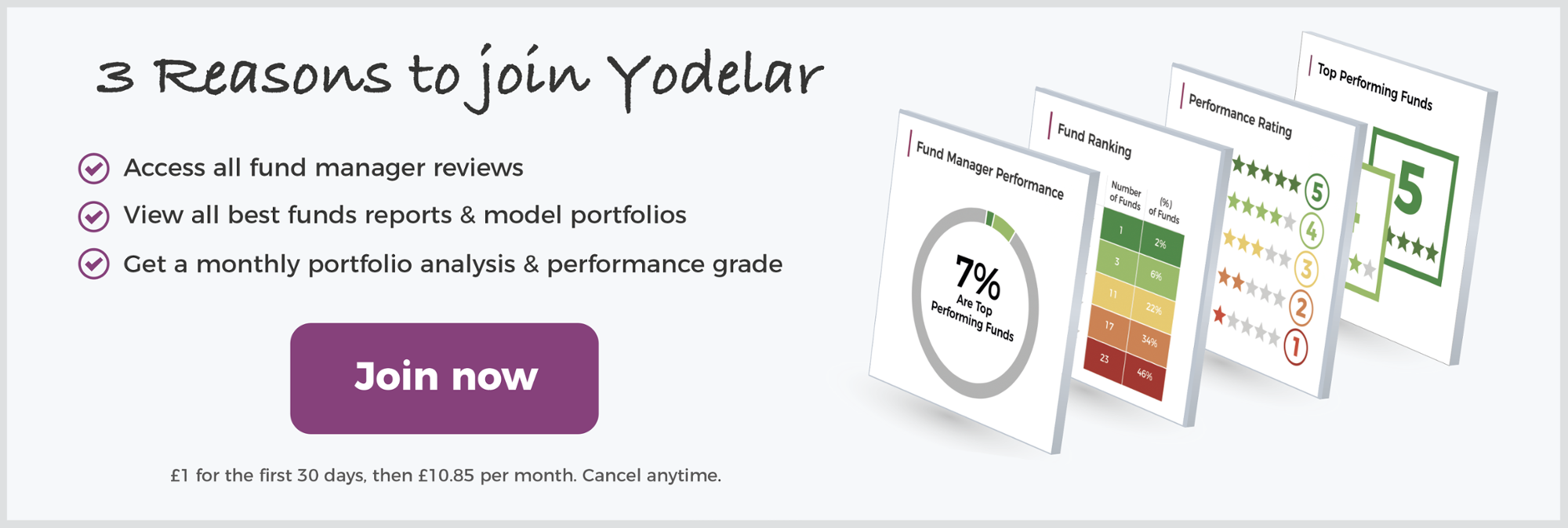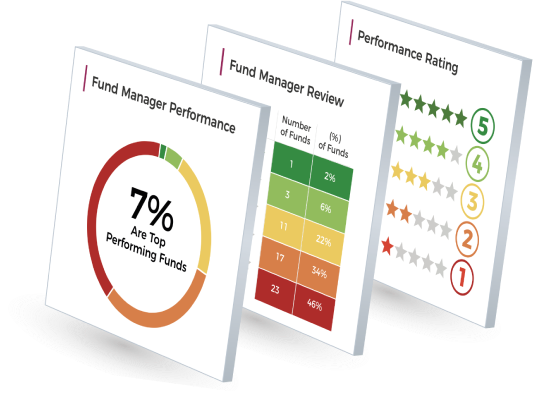Global markets have soared in recent years and many investors have enjoyed record gains. However, 2018 has been a volatile year for many markets as they struggle to match the growth of previous years, prompting many industry experts to forecast that a Global market slump is on the horizon.
Market projections can carry significant influence with investors who, based on such forecasts, can make significant alterations to their investment plan. But should investors take heed or are market forecasts merely a distraction that can divert investors away from their original plan?
Some Projections Contradict Others
The US market has enjoyed the longest bull run on record, but some recent forecasts have predicted that by mid 2019 US stocks will slump, and as the US makes up more than half of the Global scene, Global markets could fall by as much as 10%, according to a recent survey by Managing Partners Group.
However, in complete contrast, some large fund managers believe the recent stabilisation of asset prices in emerging markets is laying the groundwork for a durable rally in 2019. Indeed, Credit Suisse equity strategist Jonathan Golub has forecast that the S&P 500 (which is a stock market index that tracks 500 of the largest U.S publicly traded companies) could see surges of 11% in the next year.
Why Political & Economic Uncertainty Will Not Necessarily Affect Your investments
It’s not just market forecasts that can influence how we invest. Investment decisions are often made based on political or economic events. However, the economy and the stock market are not the same thing. Shorter-term political or economic struggles does not necessarily mean businesses will be affected. For example, concerns over Brexit and the political and economic implications this may have for the UK has contributed to the large scale exodus of UK equities – (In 2017 the UK All Companies sector was the least popular out of all investment association sectors)
But many UK equity funds consist of companies that are not reliant on the economic success of the UK with approximately two-thirds of the money made by the UKs largest 100 companies earned abroad. The huge shift away from UK equities will ultimately adjust the balance of investment portfolios, potentially exposing them to greater risk.
The Importance of Remaining Disciplined
Behavioural pitfalls such as trying to time the markets or chase performance are among the biggest de-railers of investment plans. Most investors understand the importance of remaining disciplined at times of heightened uncertainty, but very few succeed in staying calm in turbulent markets. Indeed, many end up taking exactly the wrong course of action that could have significant long term implications for their investments.
The strength of any investment plan is in its composition. Best practice shows that a portfolio should be diversified and have a robust asset allocation model that is strategically weighted to fit each individual appetite for risk and contains only suitable top performing funds. Outside of this, everything else is noise.
There will always be contradicting market forecasts from industry experts who have different outlooks and reasons for their opinions. But opinions are really all market forecasts are, which is the reason why they should not interfere with your investment plan.

Stick To The Plan But Make Sure To Rebalance
Rebalancing your portfolio every 6 to 12 months will reduce the risk of one area dominating and you taking more risk than you are comfortable with. For some investors this can seem counter intuitive as you are essentially selling a proportion of better performing assets in order to increase your holdings in lower growth asset classes. However, rebalancing is a crucial element of a successful, long-term investment plan as It ensures your portfolio maintains a level of risk that is balanced to fit your profile. Without this process, more investors would take on board higher levels of risk than they are comfortable with, which over the long-term, increases their chance of sustaining potentially devastating losses.
Investing will always carry risk, but by ignoring impulsive decisions and sticking to an efficient, long-term strategy will help to avoid pitfalls, such as trying to chase performance by predicting market movements, which can have serious consequences.














